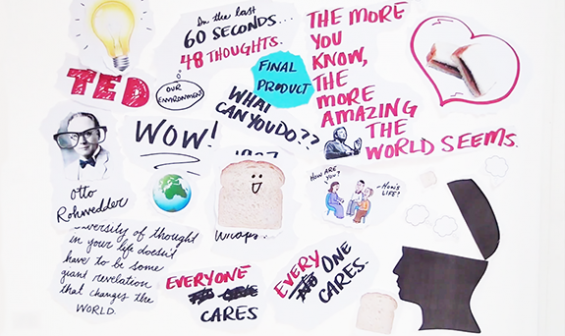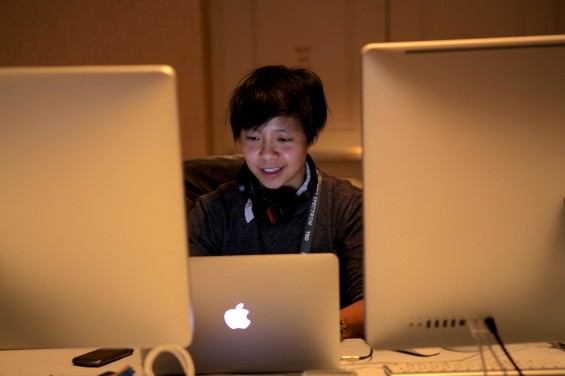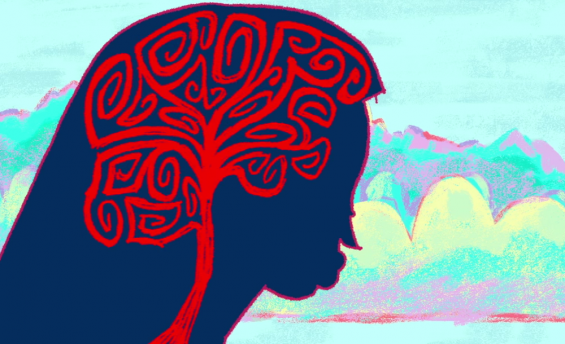
4 simple tips on how to practice effectively (in TED-Ed GIFs)
Mastering any physical skill takes practice. Practice is the repetition of an action with the goal of improvement, and it helps us perform with more ease, speed, and confidence.
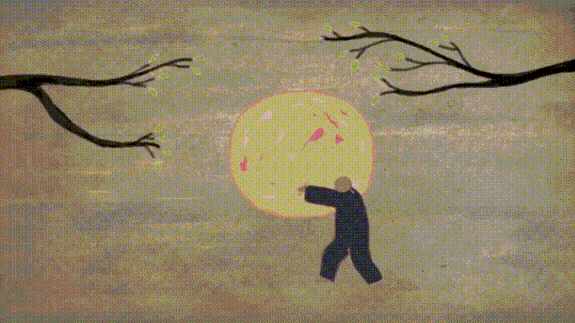
There are many theories that attempt to quantify the number of hours, days, and even years of practice that it takes to master a skill. While we don’t yet have a magic number, we do know that mastery isn’t simply about the amount of hours of practice. It’s also the quality and effectiveness of that practice.
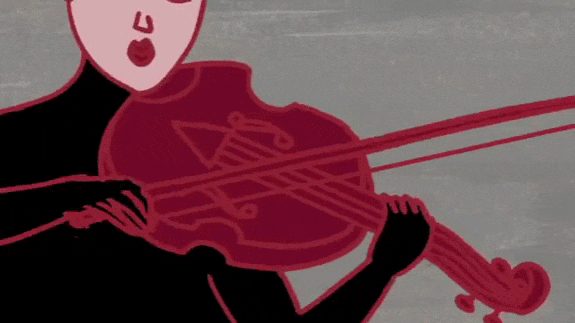
Effective practice is consistent, intensely focused, and targets content or weaknesses that lie at the edge of one’s current abilities. So if effective practice is the key, how can we get the most out of our practice time? Try these tips:
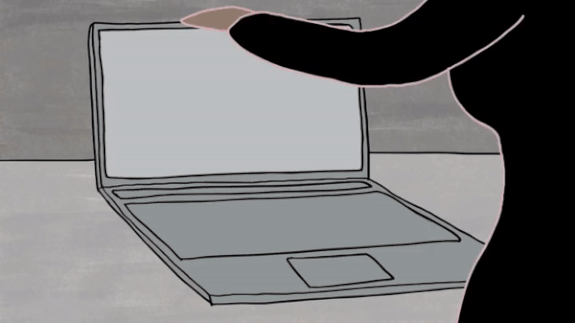
1. Focus on the task at hand. Minimize potential distractions by turning off the computer or TV and putting your cell phone on airplane mode.
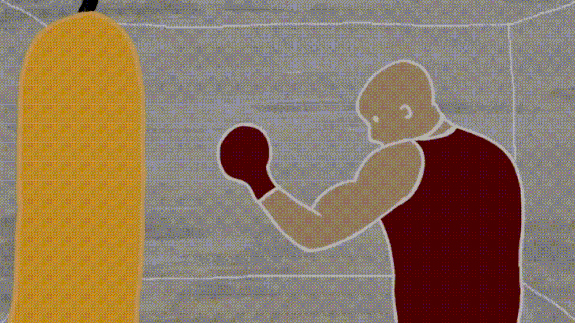
2. Start out slowly or in slow-motion. Coordination is built with repetitions, whether correct or incorrect. If you gradually increase the speed of the quality repetitions, you have a better chance of doing them correctly.

3. Next, frequent repetitions with allotted breaks are common practice habits of elite performers. Studies have shown that many top athletes, musicians, and dancers spend 50-60 hours per week on activities related to their craft. Many divide their time used for effective practice into multiple daily practice sessions of limited duration.
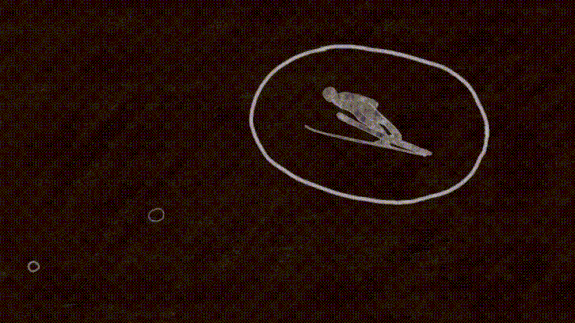
4. Practice in your brain in vivid detail. It’s a bit surprising, but a number of studies suggest that once a physical moton has been established, it can be reinforced just by imagining it.
To learn more about how practice affects the inner workings of our brains, watch this TED-Ed Lesson: How to practice effectively…for just about anything.
Lesson by Annie Bosler and Don Greene, animation by Martina Meštrović.
To learn something new every week, sign up for the TED-Ed Newsletter here >>

